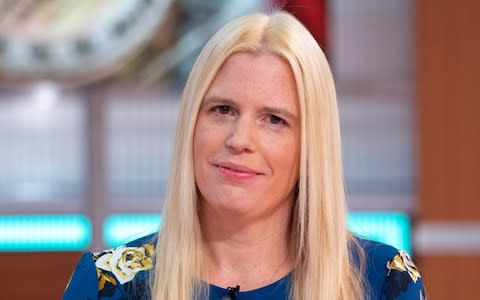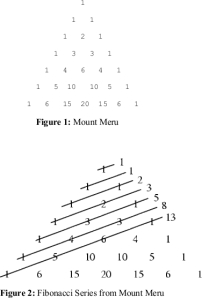Know the right pronouns to use!

News
He, she, and ze: A guide to modern gender pronouns

Luke Mintz,The Telegraph 13 hours ago
You're due to meet somebody for the first time. Perhaps it’s a colleague for a work meeting, or maybe you've invited your child's new boyfriend or girlfriend over for dinner. You know the traditional rules of engagement: ask their name, shake hands, and maybe exchange some pleasantries about the weather.
But are you definitely using the correct gender pronoun? Is the person you are greeting a “he”, “she”, “they”, or even a “zie”? Until recently, this wasn’t a question that occupied many minds. But with the rise of the transgender rights movement over the last few years, gender pronouns have become a hot button issue, with many well-meaning middle-aged people finding themselves caught in the middle of a very modern minefield.
Indeed, getting somebody’s gender pronouns wrong can have serious consequences, as Caroline Farrow, a Catholic commentator who debates the issue on television,
may have discovered this week. The mother-of-five, who has strong religious views, claims she was asked by Surrey Police to attend a taped interview after she was accused of using an incorrect gender pronoun during a discussion on Twitter.
So, how do you navigate this new ethical quagmire? How do you know which gender pronoun to use? And why does it matter anyway? The University of Wisconsin, in the United States,
released a ‘Gender Pronouns’ guide in 2011 which has proved popular, copied online all over the world. It gives some useful answers.
Caroline Farrow, a Catholic commentator, says she asked by Surrey Police to attend a taped interview Credit: Ken McKay/REX/Shutterstock
How do you know which pronouns to use?
According to LGBT activists, you can’t always tell what somebody’s gender is just by looking at them. Referring to a stranger as “he” just because they “look like a man” is a surefire way to land yourself in trouble, they say. Instead, it could be a good idea to ask somebody what pronouns they use when you first meet them.
Several British universities have gone further, trying to eliminate any confusion by introducing ‘pronoun introductions’, where students will routinely introduce themselves at seminars and student union meetings with their name and “preferred pronoun”. Edinburgh University went as far as
handing out ‘pronoun badges’ at its freshers fair last year.
Why do pronouns matter?
“Misgendering” a transgender person can be a hugely unpleasant experience, LGBT activists say. The Wisconsin guide says that being referred to with the wrong pronoun can make transgender people “feel disrespected, invalidated, dismissed, [and] alienated”. They say it can also trigger a person’s gender dysphoria, which is defined by the NHS as the discomfort or distress somebody experiences when their biological sex does not match their gender identity.
Indeed, “misgendering” is taken seriously by police in the UK. Last February, an unnamed schoolteacher was t
old by police she may have committed a hate crime after she refused to acknowledge that a transgender pupil in her class identified as a boy, failing to address him as “he” and “him”.
Which pronouns should you use?
The most common pronouns are the traditional gendered pronouns
he/him/his, for people who identify as men, and
she/her/hers, for people who identify as women. According to the Wisconsin guide, however, these should not be described as ‘masculine’ or ‘feminine’ pronouns, “because not everybody who uses ‘he’ feels like a ‘male’ or ‘masculine’.”
Next, there is a long list of gender-neutral pronouns, designed for people who don’t identify as a man or a woman.
The most common of these is
they/them/theirs, which have become so popular that ‘They’ was voted as Word of the Year in 2015 by the American Dialect Society. The same year, the
Washington Post made headlines after declaring that it was grammatically permissible to use “they” when referring to an individual, and “useful in references to people who identify as neither male nor female”.
Another advantage of “they” is that it already exists in English, a language that has historically lacked room for gender-neutral expression. As a result, LGBT activists have had to invent their own words in recent years.
























